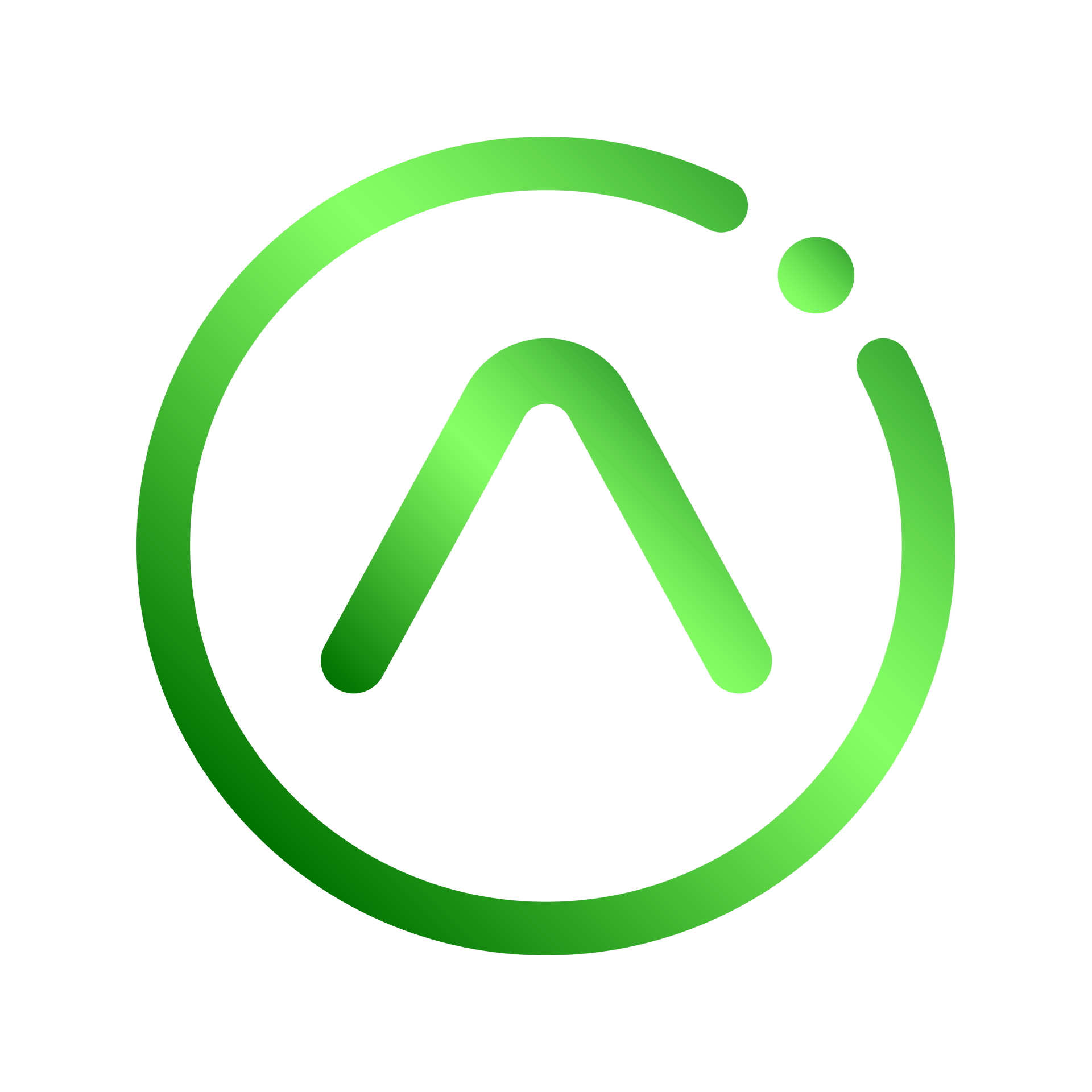Information Technology
Diploma in Information and Communication Technology
Turning tech troubles into triumphs
Apply Now
NQF Level:
6
Credits:
360
Minimum Duration:
3 Years
Faculty:
Information, Communication & Future Technologies
Department:
Information, Communication & Future Technology
Accreditation Authority:
Council on Higher Education
Master the Skills to Thrive in a Dynamic Tech-Driven World!
The Diploma in Information and Communication Technology (ICT) equips you with the expertise to thrive in a dynamic tech-driven world. This comprehensive three-year programme provides foundational knowledge and specialized skills in cloud computing, cybersecurity, AI, web development, and IoT.
Why Choose This Qualification?
Stay ahead of the curve with modules on blockchain, AI, and big data, designed to meet global industry standards. Practical projects and Work Integrated Learning (WIL) opportunities ensure you gain real-world experience.
Admission Requirements.
To be admitted to the Diploma in ICT, candidates must meet one of the following criteria:
- Hold a National Senior Certificate (NSC) with 40% in Mathematics or 50% in Mathematics Literacy granting access to diploma or degree studies with a Diploma or Bachelor's Pass at an NQF Level 4.
- Possess an NQF Level 5 Higher Certificate in Information Technology.
- Hold a National Senior Certificate (NSC) with 40% in Mathematics or 50% in Mathematics Literacy granting access to diploma or degree studies with a Diploma or Bachelor's Pass at an NQF Level 4.
- Possess an NQF Level 5 Higher Certificate in Information Technology.
Qualification Structure.
The qualification spans three years, divided into semesters with modules such as Information Systems, Applications Development, Web Technology, Networking Fundamentals, Emerging Technologies, and electives in Cybersecurity, IoT, Cloud Administration, and AI.
Learning Outcomes.
Graduates will:
- Demonstrate proficiency in ICT disciplines like software development, network design, and database management.
- Apply analytical skills to solve complex tech challenges.
- Lead with integrity and innovate in ICT to solve real-world problems.
- Demonstrate proficiency in ICT disciplines like software development, network design, and database management.
- Apply analytical skills to solve complex tech challenges.
- Lead with integrity and innovate in ICT to solve real-world problems.
International Comparability.
Aligned with programmes from Seneca College (Canada), TAFE NSW (Australia), and National University of Singapore (NUS). Emphasis on emerging technologies like AI, IoT, and cloud computing.
Qualification Modes of Delivery and Support.
Study options include:
- Contact Learning: Engage with expert lecturers in a classroom setting.
- Blended Learning: Online and face-to-face sessions.
- Distance Learning: Flexible, self-paced study.
- Contact Learning: Engage with expert lecturers in a classroom setting.
- Blended Learning: Online and face-to-face sessions.
- Distance Learning: Flexible, self-paced study.
Career Opportunities.
Graduates can pursue roles such as:
- Software Developer
- Cybersecurity Analyst
- AI Specialist
- Cloud Administrator
- Network Engineer
- Data Analyst
- Software Developer
- Cybersecurity Analyst
- AI Specialist
- Cloud Administrator
- Network Engineer
- Data Analyst
Articulation Options.
Articulation pathways include:
- Horizontal: Diploma in Web Development (NQF Level 6)
- Vertical: Bachelor’s Degree in Computer Science or Information Systems (NQF Level 7)
- Diagonal: Advanced Diploma in ICT (NQF Level 7)
- Horizontal: Diploma in Web Development (NQF Level 6)
- Vertical: Bachelor’s Degree in Computer Science or Information Systems (NQF Level 7)
- Diagonal: Advanced Diploma in ICT (NQF Level 7)
Ensure Compliance, Empower Financial Accuracy.
With the Occupational Certificate in Tax Technology, you’re not just earning a qualification—you’re stepping into a crucial role in maintaining tax compliance and supporting financial accuracy. Gain the expertise to manage tax calculations, ensure VAT and payroll compliance, and navigate complex tax regulations with confidence.
Don’t wait to become an essential part of the financial sector.
Enroll today and build a career where you secure financial integrity and guide clients with precision!




